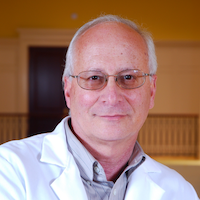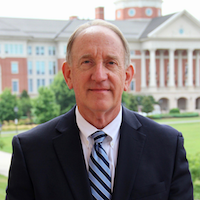
Should You Exercise When You’re Sick?
February 26, 2018 – ASU Human Performance Lab Director David Nieman, DrPH, was featured in a Time article discussing exercise and the immune system. “Your immune system needs activity to do its job better. Every time you exercise, you increase the circulation of important immune cells.” However, he emphasizes, that while “exercise is great for prevention, it’s not as helpful when you’re already sick.”

Do you have the cure for the common cold?
February 26, 2018 – Everyone gets the common cold; hence, its name. Why isn’t there a cure or preventative vaccine? Actually there is, and you have it already – an active lifestyle including regular physical activity. David Nieman, DrPH, FACSM, the director of the Appalachian State University Human Performance Laboratory at the NC Research Campus, explains.

Choline Biomarker Study Wins Federal Support
February 7, 2018 – UNC Nutrition Research Institute director Steven H. Zeisel, MD, PhD has been awarded a four-year, $2.6 million grant from the National Institute of Diabetes and Digestive and Kidney Diseases (NIDDK), one of the National Institutes of Health, to develop and validate a panel of laboratory tests that can assess choline status in humans.

Study of first-graders shows fetal alcohol spectrum disorders prevalent in US communities
February 6, 2018 – Philip A. May, PhD, research professor at the UNC Nutrition Research Institute, led NIH-funded research that examined over 6,000 children to determine prevalence of FASD ranged from 1.1 to 5 percent.
A new study of more than 6,000 first-graders across four U.S. communities has found that a significant number of the children examined, as many as 5 percent in one community sample, may have fetal alcohol spectrum disorders (FASD). Funded by the National Institute on Alcohol Abuse and Alcoholism (NIAAA), part of the National Institutes of Health, the new findings may represent more accurate prevalence estimates of FASD among general U.S. communities than prior research. Previous FASD estimates were based on smaller study populations and do not reflect the overall U.S. population.
